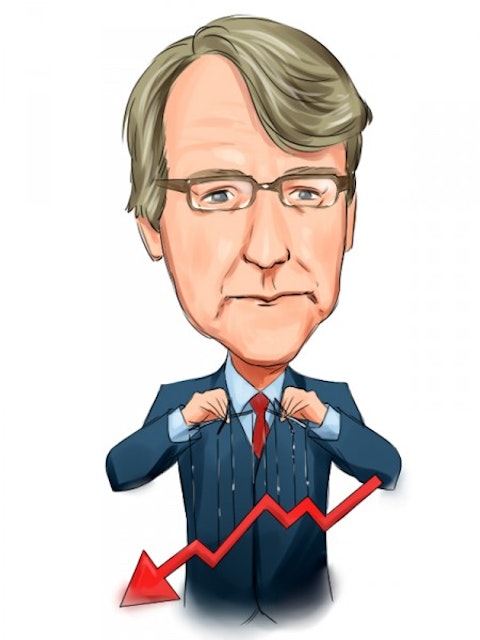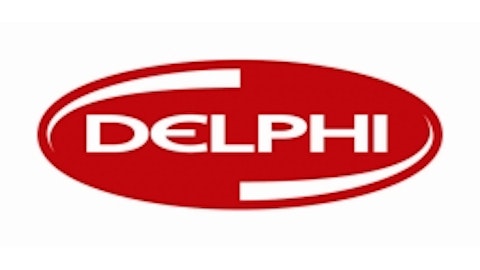In a Bloomberg interview with billionaire hedge fund manager Jim Chanos, the infamous short seller discussed his strategy, a few of his positions, and even spoke a little on politics. Chanos believes that this year’s 20% market rally has created an abundance of short sale opportunities.
After watching energy stocks lose nearly one-fifth of their value from February to July, investors saw a modest recovery of over 15% by August; this leads into one of Chanos’s predictions. In the interview with Bloomberg, Chanos stated that natural gas and coal companies are a good place to look for short sale opportunities, though he did not elaborate on any specific market plays.
Taking a look at the banking sector, Chanos is long both JPMorgan and Citigroup. These positions are part of a hedge, the other part being a group of banks in Europe and China that he’s short on. JPMorgan Chase & Co. (NYSE:JPM) and Citigroup Inc. (NYSE:C) are the best hedges against Chinese and European banks because unlike banks like Bank of America and Wells Fargo, both are internationally focused and have a global footprint. JPMorgan has more than $2 trillion in assets and operations in more than 60 countries, they are trading at 9.33 times earnings and 0.8 times their book value.
Citigroup is a global banking company with a presence in more than 160 countries and jurisdictions. The company is trading at 9.4 times their earnings and 0.5 times their book value. He believes that there are problems in the Chinese banking system that have gone unnoticed. While some of the Chinese and European banks he’s short on have been covered, he’s still short Agricultural Bank of China.
Chanos has been very active in tech, and is sticking to the digitization theme he has employed for over 10 years. He believes that the Internet is living up to the hype of 2000, and has created destruction in industries like music retailing and now, big box retailing.
Shifting to PC companies, Chanos believes that Hewlett-Packard Company (NYSE:HPQ) and Dell Inc. (NASDAQ:DELL) have missed the fundamental shift from personal computers to tablets and phones. The infamous short seller believes that these companies have made risky acquisitions, like Dell’s purchase of Autonomy for example. If these acquisitions were recognized as R&D or CAPEX, these companies’ positive cash flows would disappear. Hewlett-Packard has been taking restructuring charges every year, and restructuring often isn’t enough to save a fundamentally flawed business.
To hedge his short positions in Dell and Hewlett-Packard, Chanos is long Microsoft Corporation (NASDAQ:MSFT). Chanos believes that Microsoft “gets it,” and is transforming themselves into a software, hardware, and solutions company. He believes that the company’s new tablet will be priced at a disruptive price point to existing competitors in the marketplace.
Chanos didn’t hedge his short positions in Hewlett-Packard and Dell with Apple Inc (NASDAQ:AAPL), because he believes that it has already climbed so high this year, and he was afraid of a near term pushback. Hewlett-Packard has been the Dow’s biggest loser, and is trading at 0.28 times their sales and has an EV/EBITDA of 3.78. Like HPQ, Dell is far from expensive, trading at 0.29 times their sales and has an EV/EBITDA of 2.87. Microsoft, meanwhile, is trading at 14.89 times their earnings and has an EV/EBITDA of 6.63.
In his interview with Bloomberg, the infamous short seller gave some useful insight, explaining the fundamentals and reasoning behind a few of his hedges. Understanding Chanos’s positions can give both long and short investors a different perspective to the market. His thoughts on the tech and energy sector are different than many investors (See T. Boone Pickens thoughts on the energy sector), but by hedging his positions, Chanos is covering all the bases.






